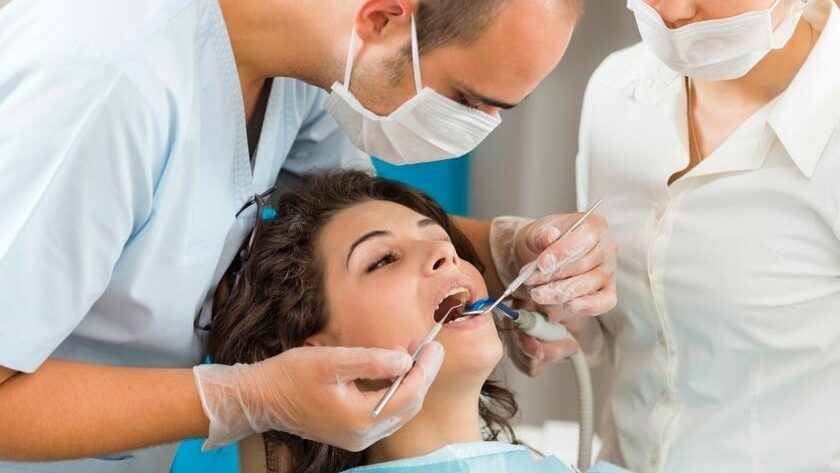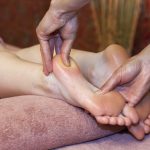Recovering from dental surgery can be a discomforting experience, but with proper care and attention, you can minimize pain and promote healing. Whether you’ve undergone a wisdom tooth extraction, dental implant placement, or other oral surgical procedures, following your dentist or oral surgeon’s instructions is crucial for a smooth recovery process. Here’s a comprehensive guide to help you navigate the post-operative period and ensure a speedy recovery:
Manage Pain and Discomfort:
It’s normal to experience some pain and swelling after dental surgery. Your dentist or oral surgeon from a clinic like dartmoordental.co.uk might recommend pain medication to ease any discomfort. Follow the prescribed dosage carefully, and steer clear of aspirin, which can heighten the risk of bleeding. Additionally, applying ice packs to the affected region can aid in reducing swelling and providing relief from pain.
Follow Proper Oral Hygiene:
Ensuring proper oral hygiene is crucial for averting infection and fostering recovery following dental surgery. Nonetheless, you may need to temporarily adjust your oral care regimen to sidestep any surgical area disruption. Your dentist or oral surgeon will furnish detailed guidelines on maintaining oral cleanliness without compromising the healing tissues. This might entail gentle rinsing with saltwater or employing a recommended mouthwash.
Eat Soft Foods:
Adhere to a soft diet in the initial days post dental surgery to minimize irritation and discomfort. Choose nourishing foods that are gentle on the teeth and easy to consume, such as yogurt, mashed potatoes, soup, scrambled eggs, and smoothies. Steer clear of hard, crunchy, or spicy foods that could exacerbate discomfort or pose a risk of getting stuck in the surgical or extraction site.
Stay Hydrated:
Drink plenty of fluids to stay hydrated and aid in the healing process. Opt for water, herbal tea, and diluted fruit juices to prevent dehydration and promote saliva production. Avoid drinking through a straw, as the sucking motion can dislodge blood clots and delay healing.
Take Rest:
Allow your body ample time to rest and recuperate after dental surgery. Avoid strenuous activities like heavy lifting, and vigorous exercise for at least the first 24 to 48 hours following the procedure. Resting helps conserve energy and allows your body to focus on healing.
Avoid Smoking and Alcohol:
Avoid smoking and alcohol consumption throughout the recovery phase, as they can delay the healing process and elevate the likelihood of complications like infection and delayed wound healing. Smoking additionally diminishes blood flow to the gums, which may prolong the recovery period.
Attend Follow-up Appointments:
Ensure to attend all appointed follow-up sessions with your dentist or oral surgeon to oversee your advancement and guarantee adequate healing. Your dentist may remove sutures, check for signs of infection, and provide additional guidance on caring for your oral health post-surgery.
Communicate with Your Healthcare Provider:
Contact your dentist or oral surgeon immediately if you experience any complications or unusual symptoms during the recovery period, such as severe pain, persistent bleeding, swelling, or fever. Prompt intervention can help address issues early and prevent further complications.
By adhering to these suggestions and instructions, you can traverse the recovery journey with increased comfort and ease post dental surgery. Remember to exercise patience and prioritize self-care as you permit your body to undergo the healing process and regain optimal oral health.




